Is every one madly recording their new albums right now? Seems so. I invited Michele Van Kleef to share her process, since she is in the very thick of it, right now.
[hr]
Songwriting. It happens in many places, many ways. Scrap paper, nice paper, envelope, napkin, iPhone. A song idea pops into my head.
Midnight, late night, midday, early morning, afternoon. A song idea pops into my head.
In bed, in a car, in the shower, on an airplane, on the couch at home. A song idea pops into my head.
As I begin to write about songwriting, I immediately fall into my own kind of songwriting pattern. Most composed music is organized in some kind of a “form” recognizable anywhere from classical orchestration to rock bands, i.e. the simple A B A form or the slightly more complex A B A B C A B. It’s the way the song is read and talked about by the musicians: the “A” being the verse, the “B” known as the chorus and the “C” the bridge, for example.
Rhythm plays a large part for me in writing songs. It’s like a puzzle. Every piece, each syllable has to fit into its own little part of the form. Many times I have written the lyrics to the song with the pattern of rhythm first, without any idea what the music part or melody will be.
I sat for months on a song that I wrote on my iPhone while on an airplane, a complete poem with no melody or chords to speak of until one day on my front porch when the right chord on my guitar hit me. I played the chord and immediately knew it had the perfect mood and feel for THAT particular song’s character. So I played around with a few other chords that made sense to my ears and created the chord progression (the underlying chord order that is also in a pattern.) Then I started singing and editing and readjusting the melody to fit the song that was developing almost as if it was pouring out of me on its own. It was the story of a very difficult couple of days in my life. I found myself crying while singing the lyrics to my newfound melody with the perfectly moody underlying chords. It was an afternoon I will never forget, the song came together after brewing and not pushing. This song became the title track of my new record, After All.
The Verses of the song are the vehicle that tells the story, gives more detail, has a beginning, middle and an end. There is a similar recurring rhythm so the words fit over the chord progression and often involves rhyming, which can be really fun or complete torture depending on the word. The verse is probably most similar to story writing.
The Chorus, however, is the over-arching umbrella, the message and theme of the whole song, the thesis that just keeps coming back. It’s usually the same throughout and repeated (sometimes at nauseum in certain Pop songs) in order to tie the song together. Some of the best songs in the world are due to their catchy, earworm-causing chorus! Of course there can be many exceptions, like where one line of the chorus is changed slightly each time. I did this in one of my songs trying to be more crafty and creative, only to find it impossible to remember the different line each time I sang the chorus in a live setting! To this day I feel like a cheater and have settled in to repeating the chorus the exact same way each time, unlike the recording. Maybe one day I will actually memorize my own lyrics.
Then there’s the elusive Bridge. In teaching songwriting to my students, I actually love explaining the concept of the bridge. It’s the part of the song that’s not like the others, but it still fits into the song beautifully, usually bridging the chorus to the last verse. It can be done in so many different ways, but as a few of my students have said, “Oh, that’s my favorite part of the song!” The bridge is not a requirement. I have songs with and also without. That’s the fun part of songwriting, there really are no steadfast rules. There are lots and lots of ideas and examples out there to learn from.
Just the other day, I was discussing the difference between storywriting and songwriting with one of my fresh new 7th grade music students, who has the most amazing imagination I may have ever come across. She has such insight for such a young person. She said that what sets songwriting apart from other writing styles is that a songwriter does need to have some kind of musical talent as well as a great imagination in order to put words that so often tell a sad story to music, changing that sadness into a thing of beauty. Well said, Miss Schultz, well said.
Michele working out some fresh moves with Tim Ellis. He is producing her forthcoming collection of songs. More HERE.
- A Very New Pickathon in 2022 - August 13, 2022
- Pickathon returns to Pendarvis Farm! It’s not just the artists that’ll be new. - August 3, 2022
- July is BIPOC Mental Health Awareness Month (Black, Indigenous, Persons of Color) - July 14, 2022




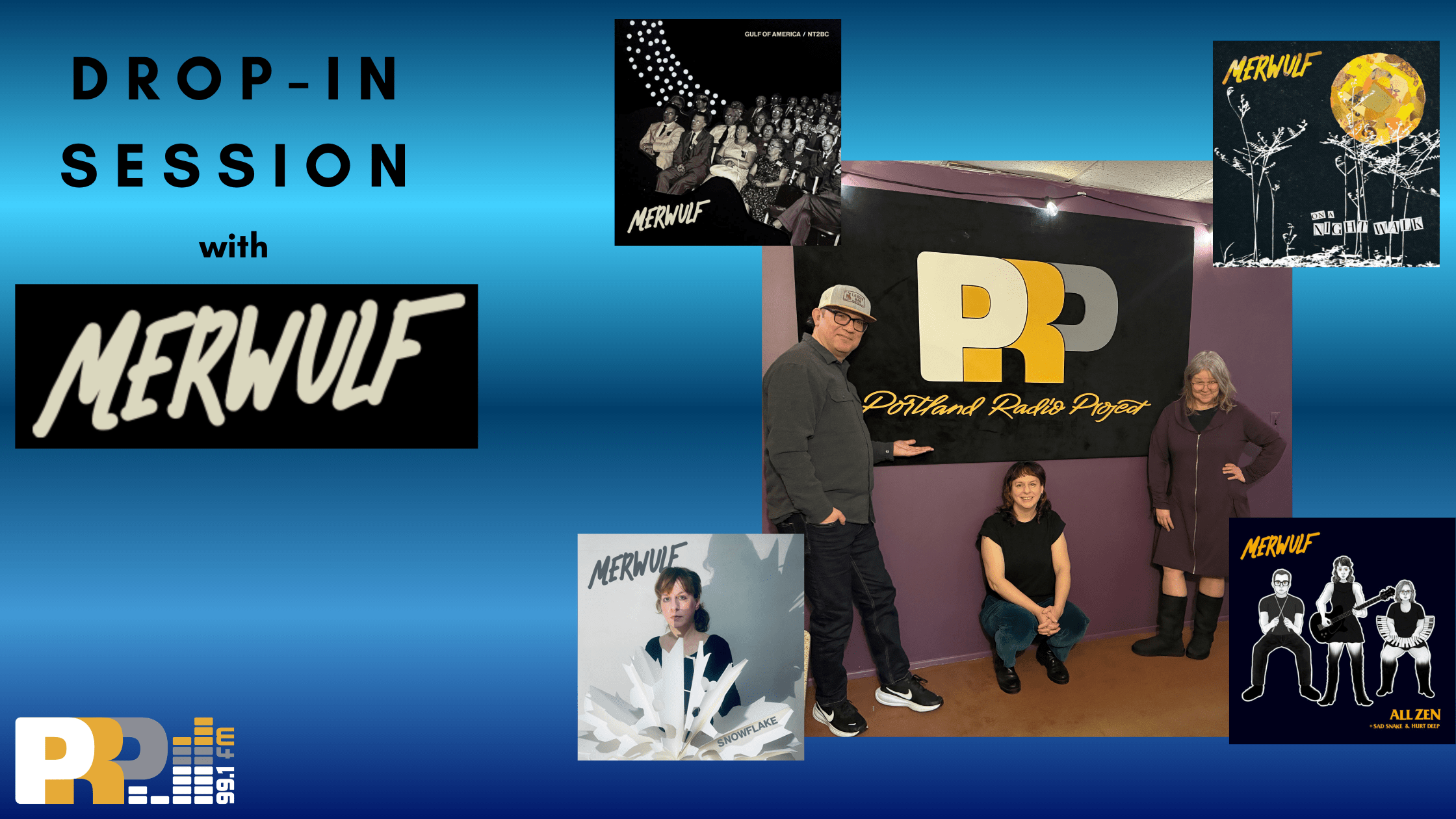
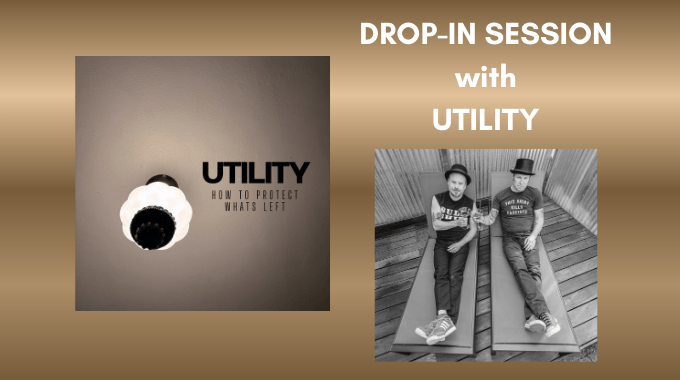
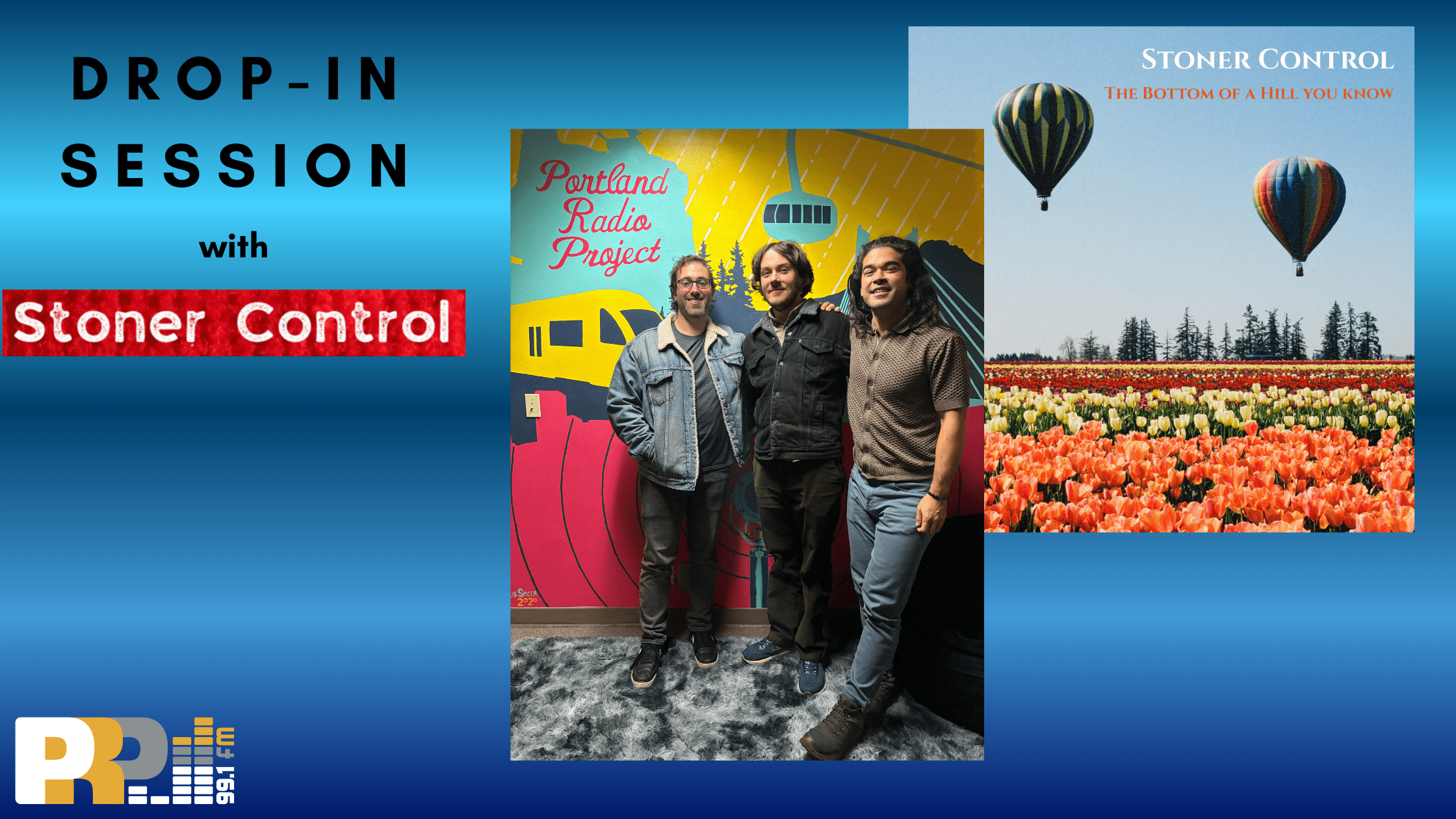
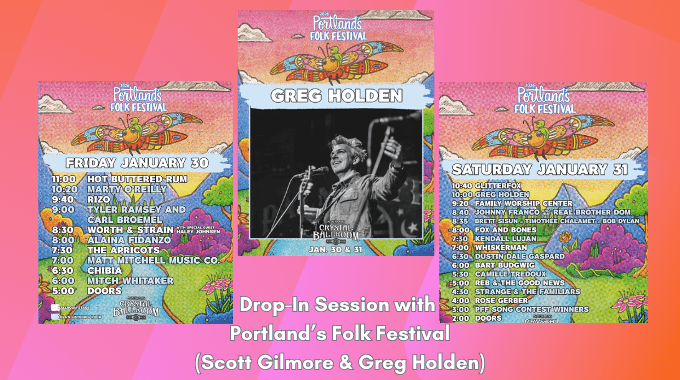
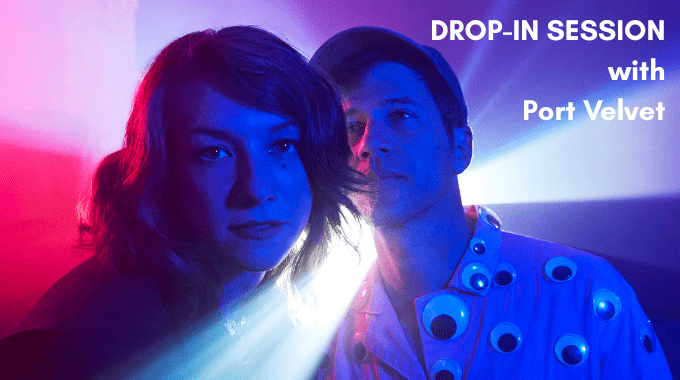
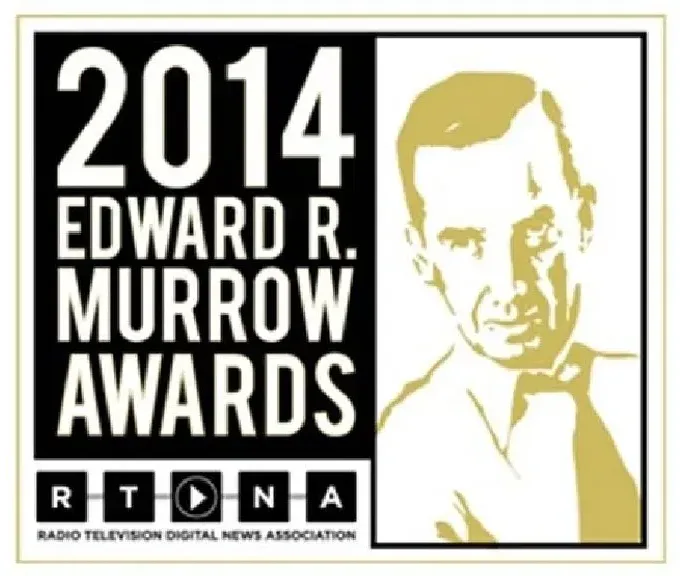
Leave A Comment